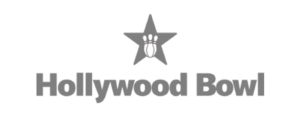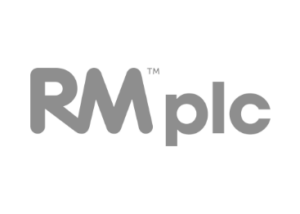Why one generation was shamed for it—and the other celebrates it
It wasn’t long ago that jumping between jobs every year or two was a surefire way to raise eyebrows. Hiring managers looked at those CVs and saw commitment issues, lack of loyalty, or worse—instability. The term “job hopper” carried the same weight as a red flag. And the generation most caught in the crosshairs of this judgement? Millennials.
Fast forward to today, and Gen Z is entering the workforce with a completely different playbook. Changing roles frequently is no longer something to justify—it’s expected. The shift hasn’t just been cultural; it’s been systemic. What once signalled unreliability now often suggests ambition, adaptability, and a refusal to settle.
So what changed? And why are Millennials still being scrutinised for decisions Gen Z is praised for?
The Lingering Stigma for Millennials
Millennials, now mostly in their 30s and early 40s, came of age during a time when staying put was a virtue. Many entered the workforce during or just after the 2008 financial crash, when job scarcity made security the holy grail. Employers held the power, and conventional wisdom said you had to “pay your dues” and “climb the ladder”—often slowly.
Those who dared to move on too quickly were seen as risky hires. Interviews were peppered with questions like: “Why didn’t you stay longer?” or “What were you looking for that you couldn’t find there?” Even legitimate reasons—poor management, lack of growth, burnout—were often met with suspicion.
As a result, Millennials have spent much of their careers trying to balance ambition with optics, often staying in roles longer than they should have to avoid being labelled flighty.
Gen Z: Rewriting the Rules
Then came Gen Z, armed with a different attitude and sharper boundaries. This generation watched their Millennial siblings burn out, stick it out, and in many cases, get little in return for their loyalty. So they’re not playing the same game.
For Gen Z, a job is just one part of a broader portfolio of life. They’re more open about mental health, more willing to push back against toxic work cultures, and quicker to walk away when something isn’t serving them. And crucially, employers are starting to reward this candour, not punish it.
Recruiters and hiring managers have had to adapt too. In an era of hybrid work, high turnover, and evolving career paths, a diverse CV can look less like a red flag and more like a competitive edge.
Are We Seeing a Double Standard?
Yes—and it’s time to acknowledge it.
The same actions—leaving for a better opportunity, prioritising well-being, experimenting with roles—are interpreted very differently depending on who’s doing them. Millennials were told to stick it out. Gen Z is told to follow their passions. The former were taught to be grateful for a job; the latter to expect a job to work for them.
The irony? Many Millennials would’ve thrived in this new working world, where flexibility and self-worth are part of the conversation. Instead, they had to walk so Gen Z could run.
What This Means for Employers
Organisations need to stop treating job-hopping as a generational quirk and start seeing it as a response to structural change.
- The job market has changed – Careers are no longer linear. Lateral moves, sabbaticals, portfolio careers—these are all part of the new normal.
- Loyalty looks different now – It’s no longer just about tenure. It’s about impact, engagement, and mutual growth during the time someone is with your organisation.
- Younger workers are setting new expectations – And that includes transparency, support, and a clear path for progression. Fail to provide those, and they’ll go elsewhere. And rightly so.
Final Thought
Instead of clinging to outdated definitions of loyalty, perhaps it’s time we redefine what a “good hire” looks like. One who’s curious, proactive, and evolving—even if that means they don’t stay forever.
The stigma around job-hopping isn’t just outdated—it was unevenly applied to begin with. Let’s retire it altogether.








